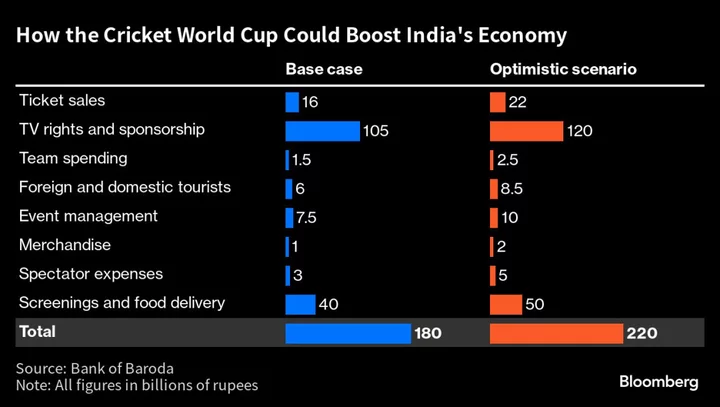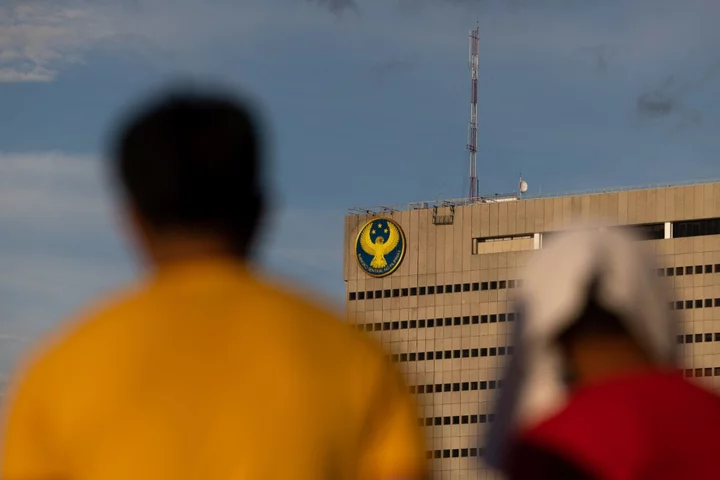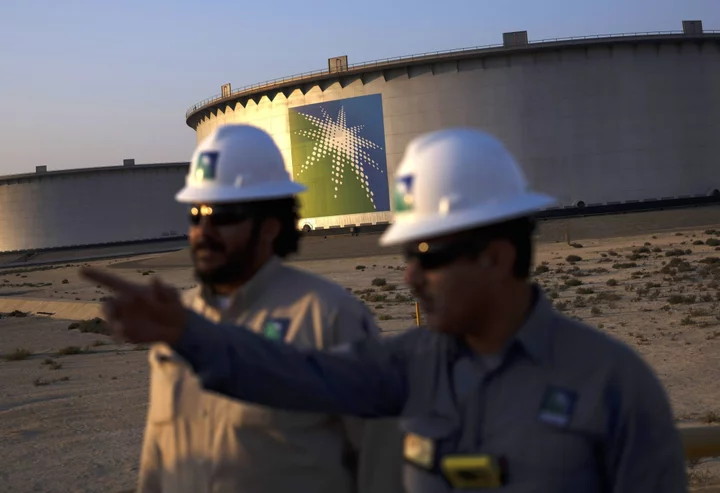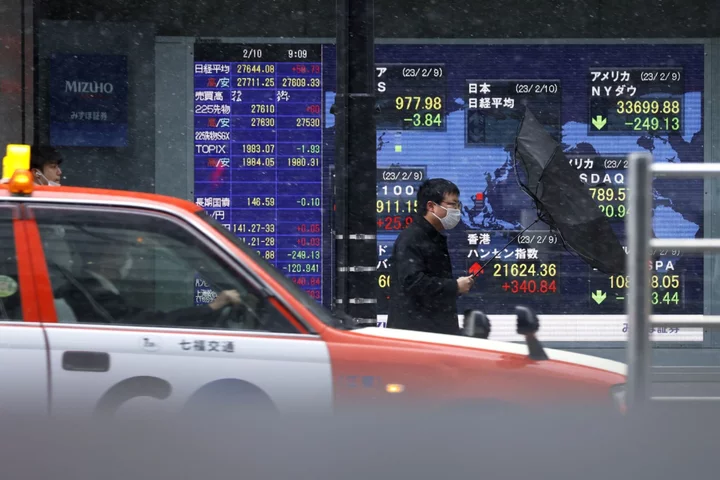The Cricket World Cup may boost host country India’s economy by as much as 200 billion rupees ($2.4 billion), economists at the Bank of Baroda estimate.
The quadrennial tournament, which starts on Thursday and runs through mid-November, is expected to draw large numbers of visiting fans domestically and internationally. With the matches played across 10 cities, that will mostly benefit the travel as well as hospitality sectors, wrote economists Jahnavi Prabhakar and Aditi Gupta in a note Wednesday.
The event, which is being hosted in India for the first time since 2011, also coincides with the three-month festive season that started in September and will be particularly beneficial for the retail sector as many people will make “sentimental purchases of merchandise,” they added.
The economists expect total Indian viewership for the tournament, including both on television and streaming platforms, to be far larger than the 552 million seen in 2019. That may generate 105 billion rupees to 120 billion rupees in TV rights and sponsorship revenue “on a conservative basis.”
Global Giants Spend $3,600 a Second on Cricket World Cup Ads
However, the World Cup may also fan inflation. Airline tickets, hotel rentals have surged for the period, and service charges in the informal sector in the 10 host cities could show substantial increases on top of the festive-season impact, the economists said. Overall, inflation may rise between 0.15%-0.25% for October and November, they said.
The tournament will also support Indian government coffers through increased tax collections on ticket sales, goods and services taxes on hotels, restaurants and food delivery, giving the country additional fiscal space, the economists added.









